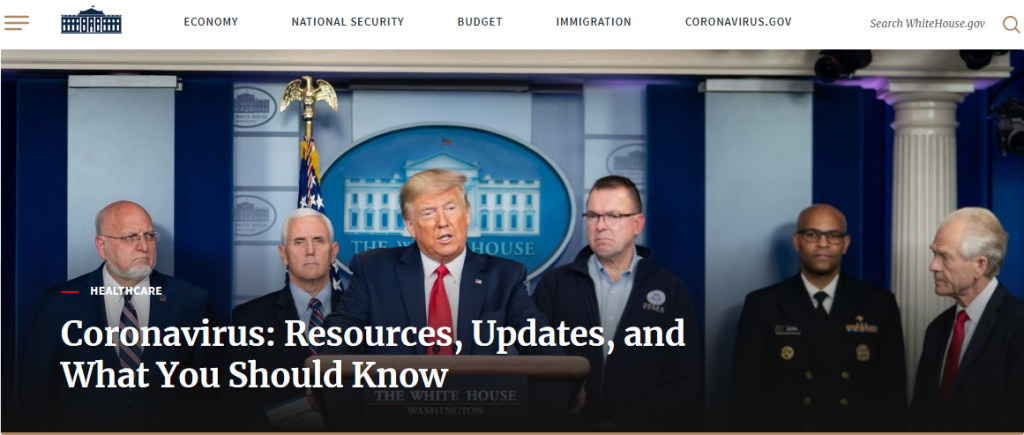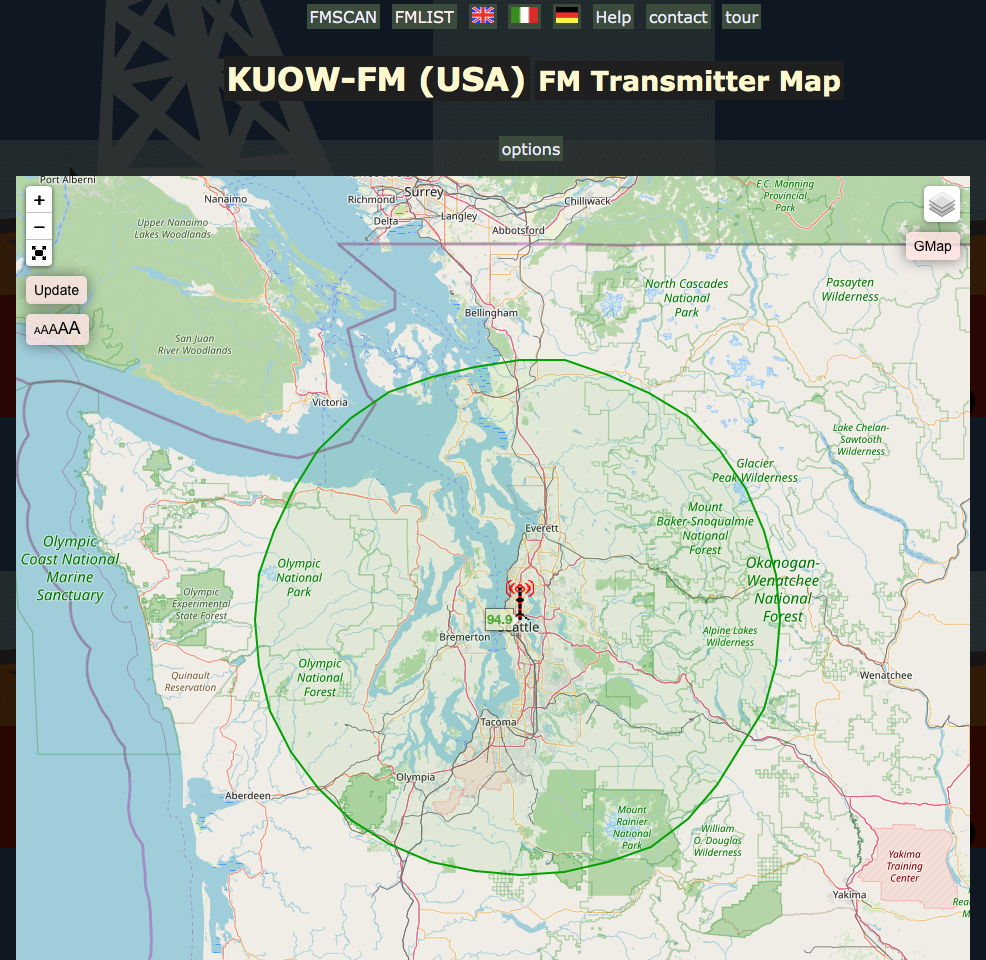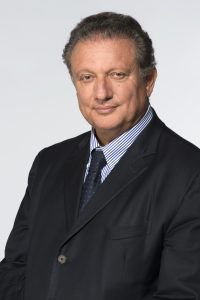A great deal of fake news circulated at the beginning of the Covid-19 pandemic, but now media and regulators seek to firmly counteract it.

Source
Alongside the battle against the Coronavirus, another front has opened up to counteract fake news. It was realised early on how much damage misinformation could cause by favouring the spread of the pandemic, so much that the media started increasing checks to counteract it more firmly. We can see what happened in China where strict Chinese censorship created a void of information which led other countries to underestimate the problem (today experts are even questioning the official number of deaths in China). And when the number of cases in Europe began to multiply, fear and a thirst for news favoured the spread of media hoaxes. These were generally limited to the social networks and chats but there were also programmes put on air that gave credit to odd theses and thus reinforced their credibility. This caused some people to really go around burning 5G telephone repeaters, accusing them of having created the epidemic. This resulted in the necessity for the British Government to intervene. In addition, President Trump’s press conferences could have also created confusion and misinformation when he tried to minimise the impact of the pandemic.
KUOW-FM no longer broadcasts Trump live

Source
Even playing down the risks of Covid-19, as the Americans have tried, can cause damage and open up immense prairies to the virus. In April 2020 they can boast of winning the sad prize of being the first in the world for the number of cases. Since March 25th, 2020, a national public radio station in Seattle has suspended all live press conferences of President Trump. It was not a political policy, the KUOW editorial board clarified, but deontological and will be reconsidered from day to day. After the first two weeks they realised that the statements being issued needed to be verified first (an arduous task with the time limitations of live broadcasting) to avoid spreading false or misleading information. Among examples cited is the statement issued on March 19th, 2020: ‘Nobody knew there’d be a pandemic or epidemic of this proportion’ despite warnings given by the secret services at the beginning of the year. Then on March 20th, 2020 ‘You’re seeing very few empty shelves,’ while on television one could plainly see that the shops had run out of basic necessities including hand soap.

KUOW-FM, owned by the University of Washington, is operated by a non-profit community organisation. They transmit in Seattle on 94.9 fm with 100kW, power that enables them to cover a wide area, as you can see on the FMScan map above. It is a member station of NPR (National Public Radio) that has about a thousand non-profit transmitters.
British radio station forced to rectify
Ofcom, the UKs communications regulator, has imposed a sanction on Uckfield FM for having breached the Broadcasting Code. The community radio station that transmits on 105.0 MHz from Uckfield, a town 80 km south of London in East Sussex, on February 28th, 2020, had broadcast potentially damaging and misleading information by linking the explosion of the epidemic in Wuhan to the launch of 5G technology, one of the pieces of fake news going around the globe. It is a sensitive geopolitical topic (the UK has started launching 5G in Britain and hence ‘are betraying’ their American ally), but if people start believing the hoax, trouble will follow. At the end of March several vandals destroyed repeaters in Birmingham, Liverpool, Melling and Belfast with the shouts of ‘f**k 5G’.
The PDF of Ofcom’s decisions can be viewed here or downloaded below.
Italy is studying the phenomena and sets up fake news unit

of State broadcaster to undermine fake news.
Image directly received from RAI press office
On March 31st, 2020, RAI appointed Antonio Di Bella, the director of RaiNews, to lead a new unit to enable the public broadcasting service to avoid spreading misleading or fake news. A scientific committee will be set up to check the deluge of information that arrives for the editorial staff. Di Bella will be assisted by Gerardo D’Amico, in charge of scientific information at Rai News 24. One episode a week of the programme, Tutta Salute, will be dedicated to the fake news that is circulating about Coronavirus.

Source
Agcom, the Authority for Communications Guarantees, has increased its usual monthly monitoring of the media by producing a special report on Coronavirus. Apart from online sources, they have also studied the amount of time dedicated to news about the pandemic on radio and television networks. You can find details of the research about national radio stations here. In order to counteract misinformation, the authority is involving research centres and academic institutions to set up teams to carry out advanced studies into the phenomena.
